Donald Trump is back in the spotlight, and he’s bringing chaos with him.
Even though the next U.S. presidential election is still months away, Donald Trump is already acting like he’s under attack. His speeches, social media posts, and interviews are all filled with one big message: “America is in danger, and only I can save it.” This message has become the center of his campaign, full of drama, crisis, and fear.
In this blog, we will learn how Donald Trump uses the idea of constant emergencies, like a stolen election, border invasion, drug crisis, and energy shortage, to build fear, gain support, and present himself as the only solution.
Table of Contents:
- Always in “Crisis Mode”
- 1. The Border Crisis – “Invasion at the Southern Border”
- 2. Trump Declares a Drug Flow Emergency – “Fentanyl Is Pouring In!”
- 3. The Energy Emergency – “They’re Destroying American Energy!”
- 4. Trump Declares a Lumber Emergency – “Rising Costs and Shortages Hurting American Builders”
- 5. The “Stolen Election” Story – “Stop the Steal”
- Trump is not alone in declaring emergencies
- Congress can technically undeclare an emergency
- Conclusion
Always in “Crisis Mode”
Trump’s first time as president (2016–2020) was full of controversy: the border wall, the COVID-19 pandemic, protests, impeachment, and even the Capitol riots. Now, in his second attempt to become president, he’s starting with a new tactic: keeping everyone in a constant state of emergency.
He’s facing several court cases right now about the 2020 election, classified documents, and more. But instead of treating them as legal issues, he says they’re part of a big plot against him and his supporters.
He often says:
“They’re not after me, they’re after you. I’m just in the way.”
This turns his personal problems into a “national emergency” for his followers and makes him seem like a hero.
1. The Border Crisis – “Invasion at the Southern Border”
Trump declares a border crisis, claiming that the U.S. is facing an “invasion” at the southern border. He says that illegal immigrants, criminals, and drugs are flooding into the country, putting American safety at risk. According to him, the border is wide open, and the government is failing to protect citizens. This “emergency” is central to his campaign, where he pushes for stricter border security, a physical wall, and tougher immigration laws.
Trump often portrays the situation as a national security threat, making it a key part of his message to regain control over the border.
2. Trump Declares a Drug Flow Emergency – “Fentanyl Is Pouring In!”
Trump declares a drug emergency, warning that the U.S. is being flooded with deadly drugs like fentanyl through the southern border. He says drug cartels are taking control, border security is failing, and American lives are at risk. He often describes it as an invasion that’s destroying communities and killing young people. This “emergency” is a major part of his tough-on-crime message.
Trump promises harsher border control, military action against cartels, and strict drug enforcement. He uses this crisis to justify extreme measures and portray himself as the only one who can stop the flow of drugs.
3. The Energy Emergency – “They’re Destroying American Energy!”
Trump declares an energy emergency, claiming that the U.S. has lost its energy independence under the Biden administration. He says gas prices are too high, coal plants are being shut down, and the country is now relying on foreign oil. According to him, green energy policies are killing American jobs and raising costs. This “emergency” is a key part of his campaign message. He promises to bring back oil, gas, and coal to make America “energy dominant” again.
Trump also warns that Biden’s climate agenda could lead to blackouts, economic decline, and weakened national security. His message is clear: fossil fuels first, climate concerns later.
4. Trump Declares a Lumber Emergency – “Rising Costs and Shortages Hurting American Builders”
Trump declares a lumber emergency, claiming that the U.S. is facing a severe shortage of lumber due to government regulations and supply chain issues. He argues that the rising cost of wood is hurting construction, making homes and infrastructure projects unaffordable. According to him, environmental policies and trade deals are to blame, and the country is no longer able to produce enough lumber to meet demand.
This “emergency” points to his message of bringing back American manufacturing and cutting back on restrictive regulations to make lumber and other resources more affordable.
5. The “Stolen Election” Story – “Stop the Steal”
After losing the 2020 presidential election, Trump claimed the election was rigged and stolen from him. He said there was widespread voter fraud, especially with mail-in ballots. His team filed many lawsuits, but most were rejected due to a lack of proof.
He started the slogan “Stop the Steal”, which became a rallying cry for his supporters. Many believed the claim, even though courts, election officials, and recounts found no major fraud. This idea of a stolen election created doubt in the system and led to the Capitol riot on January 6, 2021.
Trump continues to use this story to question future elections and keep his supporters fired up.
Trump is not alone in declaring emergencies
Trump is not alone in declaring emergencies. Throughout history, various political leaders, both in the U.S. and worldwide, have used the concept of a national emergency to justify policy decisions, military action, or changes in the law. Presidents and leaders often declare emergencies to rally public support, bypass opposition, or address perceived threats to national security or the economy.
Whether it’s for border security, public health, or economic crises, emergencies are powerful tools to drive action and change, even if they are sometimes seen as exaggerated or politically motivated.
Congress can technically undeclare an emergency
Under the National Emergencies Act, Congress has the power to end a presidentially declared emergency by passing a joint resolution. However, even if both the House and Senate agree, the president can veto it, and overturning that veto requires a two-thirds majority in both chambers. In practice, this makes it very difficult for Congress to actually reverse an emergency unless there’s strong bipartisan support.
Conclusion
Donald Trump often talks about different emergencies: at the border, with drugs, energy, and more, to show that the country is in constant danger. Some of these problems are real, but he often makes them sound worse to create fear and urgency. By doing this, he tries to convince people that only he can fix things. These “emergencies” are not just about the issues, they’re also a way for him to gain power, attention, and support.
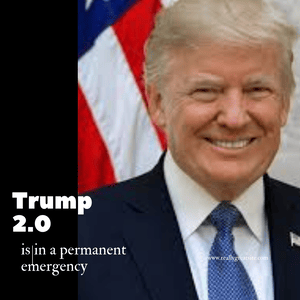


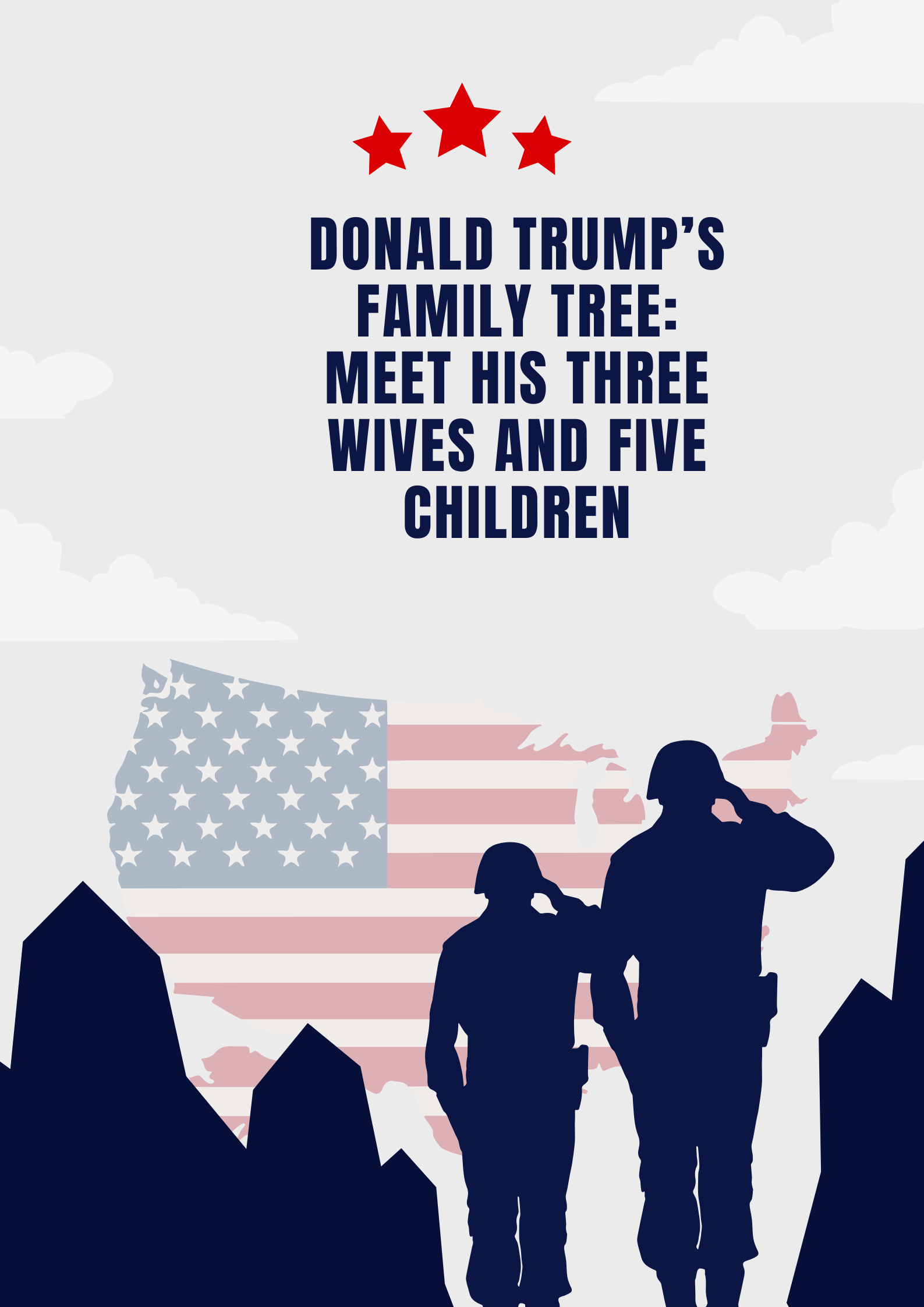
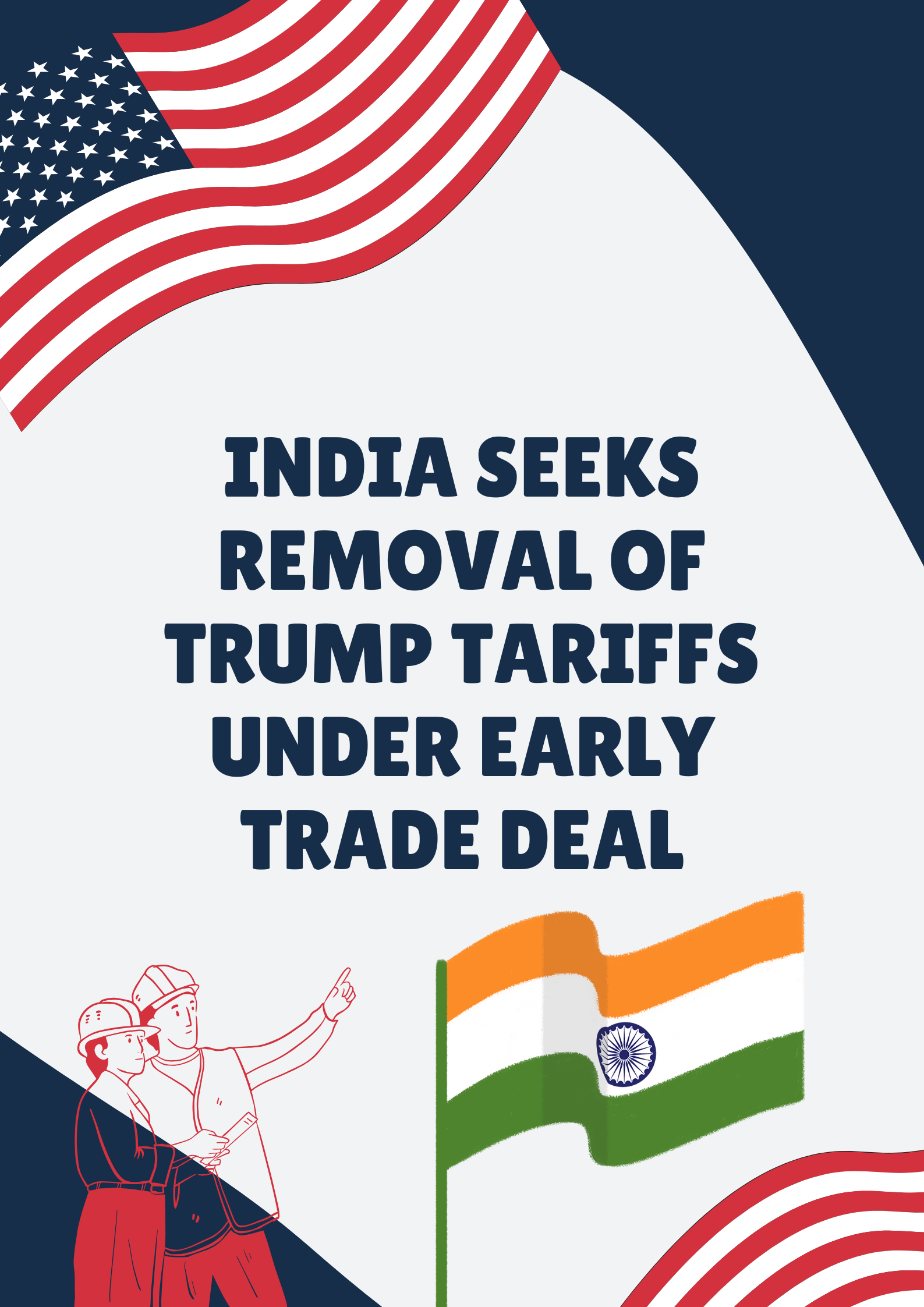

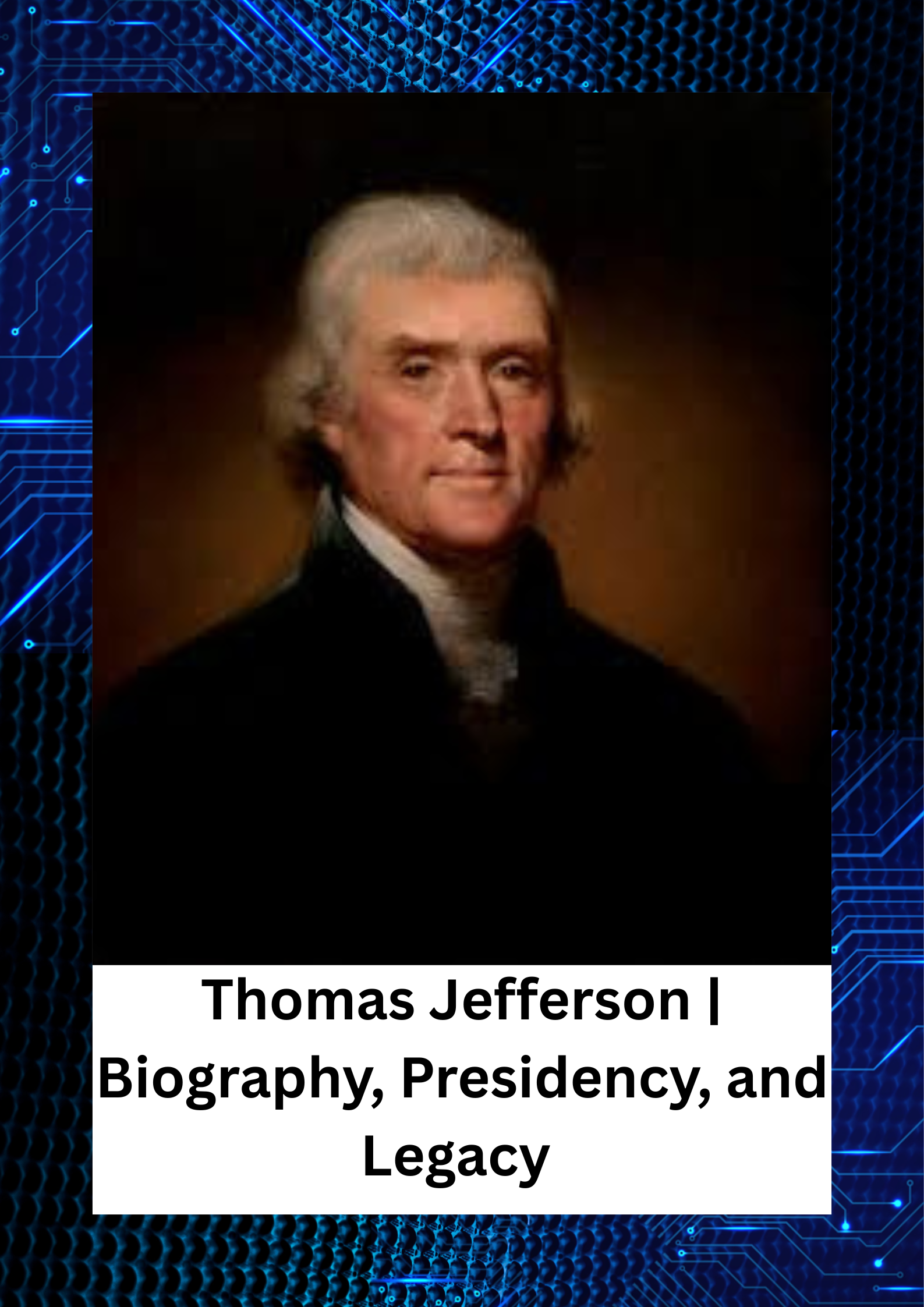

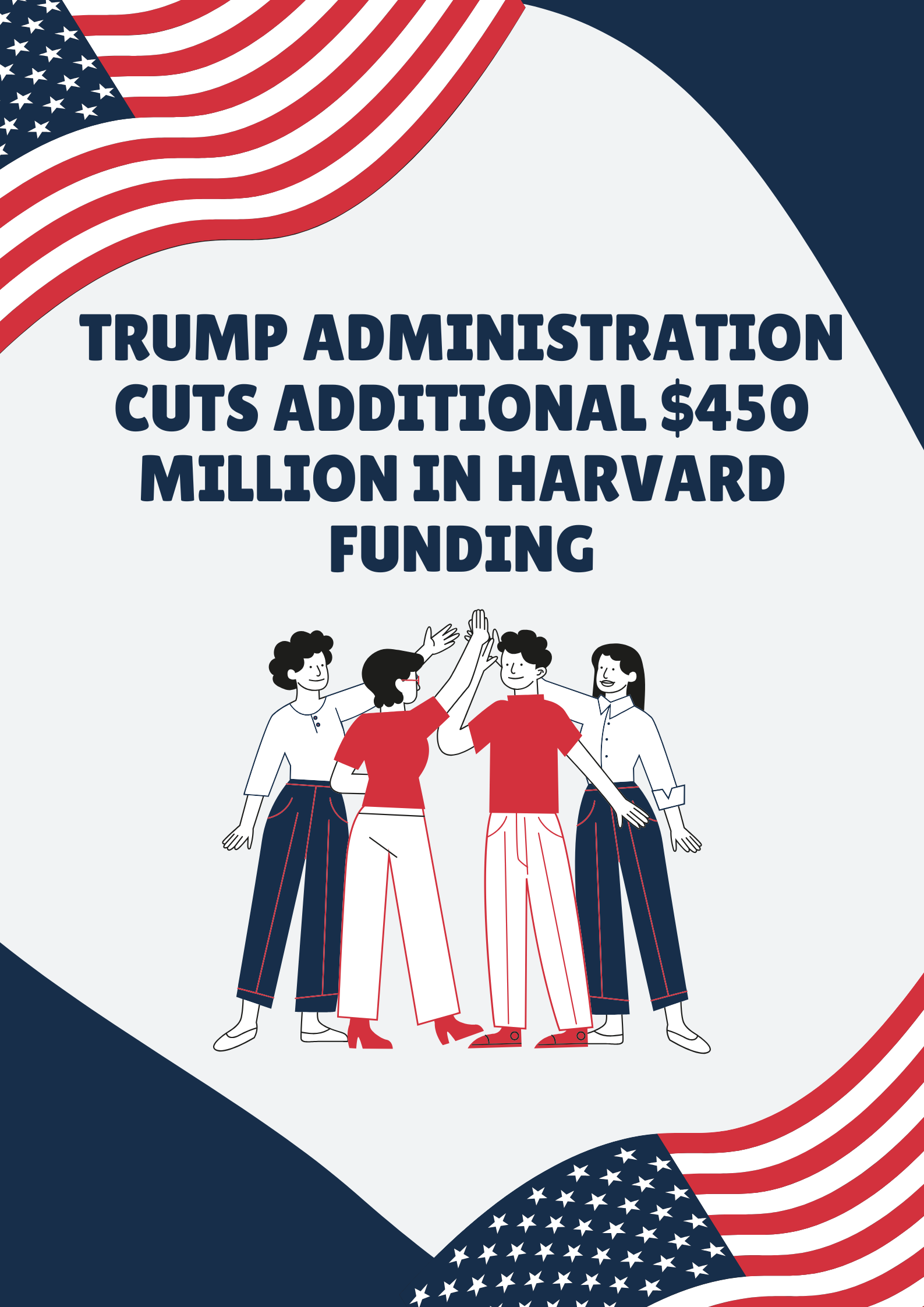
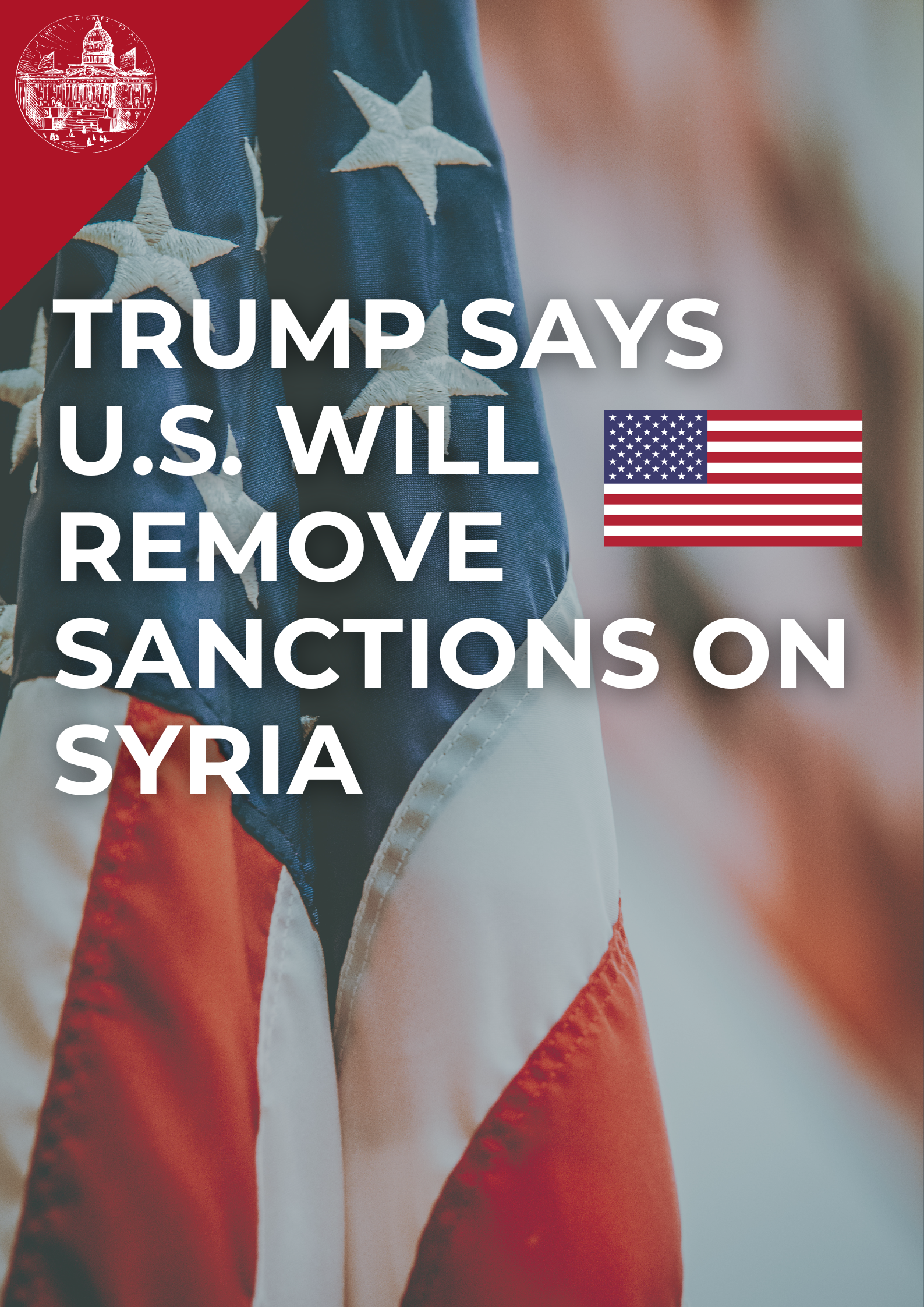

Leave a Reply